After various unsuccessful attempts, the VOC opened a base in Surat in 1616. Surat was the main port of northern India, and belonged to the Great Mogul Empire. The merchants of Surat sailed to Persia, the Middle East and Southeast Asia. Initially the VOC purchased cotton fabrics from the Surat merchants who traded them in Atjeh. The fabrics were an indispensable means of exchange in the Moluccan spice trade. During the course of the 17th century the Company succeeded in capturing the bulk of the trade in cotton and spices between Surat and the archipelago. The VOC had no forts and relatively few employees in Surat. Compared with its other bases, the Company's military presence here was minimal. In the early 18th century the Mogul Empire began to decline. This led to unrest in the interior, and supplies of cotton and indigo to Surat dwindled. Trade with Persia also diminished as a result of political unrest. During the 18th century, Surat's role was taken over completely by Bombay, where the British maintained a trading base. The VOC carried on a flourishing trade at Surat. The Company had been granted a number of trading privileges by the Mogul emperor and the Surat directorate established other trading bases in centres as far away as Agra. Once the VOC started trading cotton and spices in the Red Sea region and opening trading bases there, many Surat merchants feared that they would lose out to the Company there too. But although there was a decline in the overland caravan trade through Persia as a result of the VOC's shipments of cotton and spices to Europe, the Company was never able to dominate the trade in the Red Sea region completely. The Company's directors and merchants in Surat lived in fabulous style. Their public appearances were as impressive as those of the local nobility or courtiers at India's imperial palace. For example, they would travel in canopied palanquins, accompanied by a complete retinue. It was often a source of considerable annoyance to Company officials in Batavia, but the Surat office maintained that it was essential to make a display of power and wealth in order to achieve anything in India. The VOC opened a base at Surat in 1616. The first director took up his post there in 1620. Surat was in English hands between 1781 and 1784. The VOC subsequently regained control only to lose it once more to the English in 1795.
Images
-
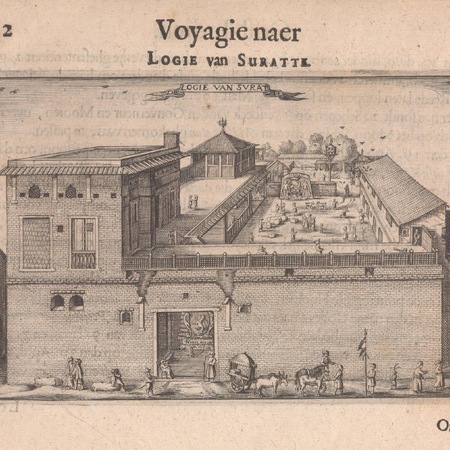
The VOC lodge at Surat
-
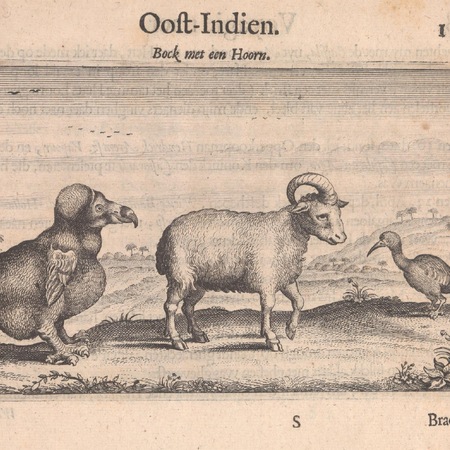
A one-horned goat, a dodo and a red rail
-
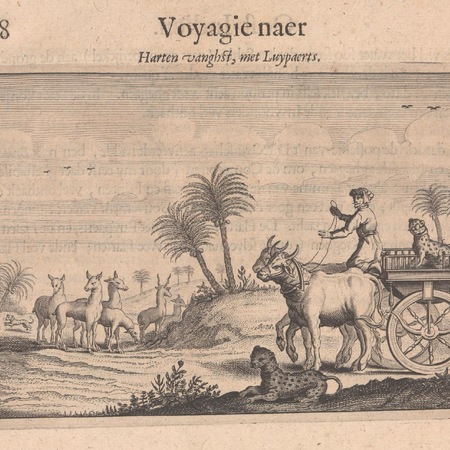
A hunt at Surat
-
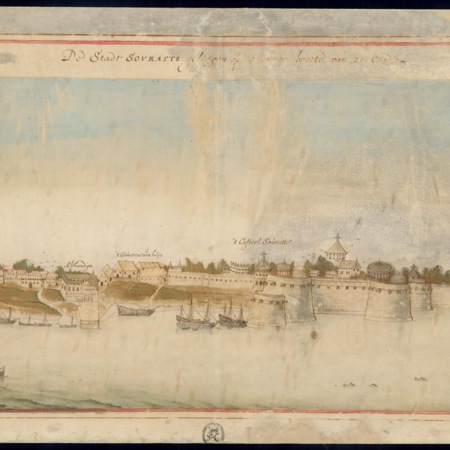
View of Suratte
Vingboons, Johannes
-
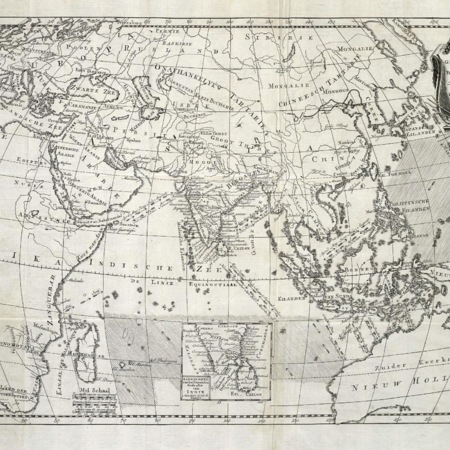
Map of Asia, Africa, Europe and Australia
Schalenkamp, M. / Bonne / ...
-
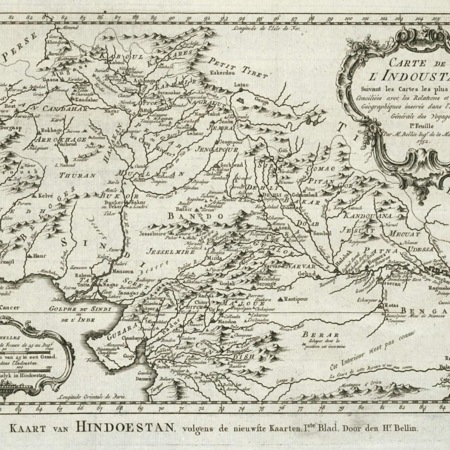
Map of North India
Bellin, Jacques Nicolas / Hondt, Pierre d' / ...
-
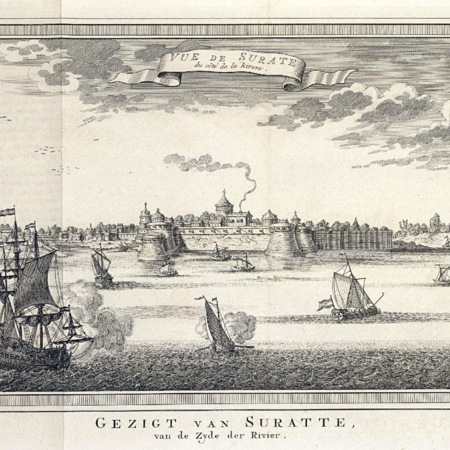
View of Surat
Schley, Jacobus van der / Hondt, Pierre d'
-
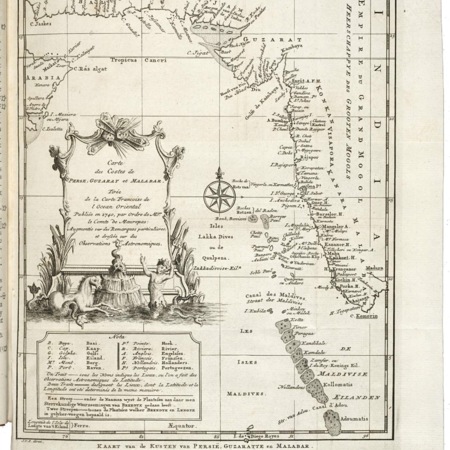
Map of the coast of Iran to the west coast of India
Anoniem / Anonymous / Schley, Jacobus van der / ...
-
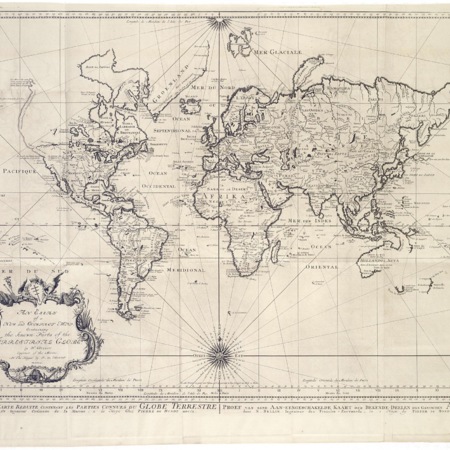
Map of the world
Schley, Jacobus van der / Bellin, Jacques Nicolas / ...
-
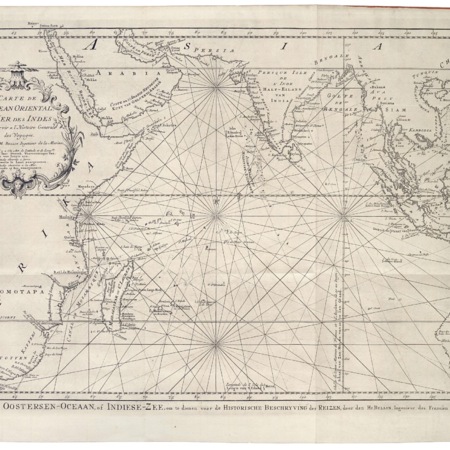
Map of the Indian Ocean
Bellin, Jacques Nicolas / Hondt, Pierre d'
-
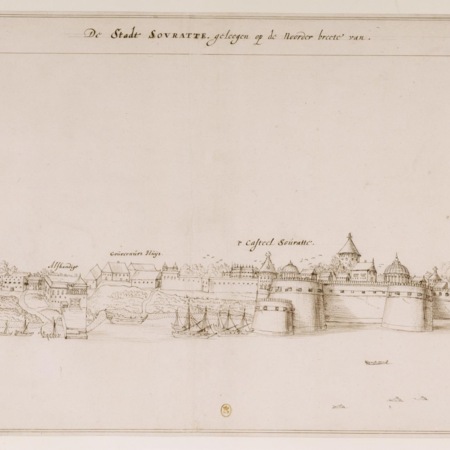
View of the city of Souratte
Vingboons, Johannes
-
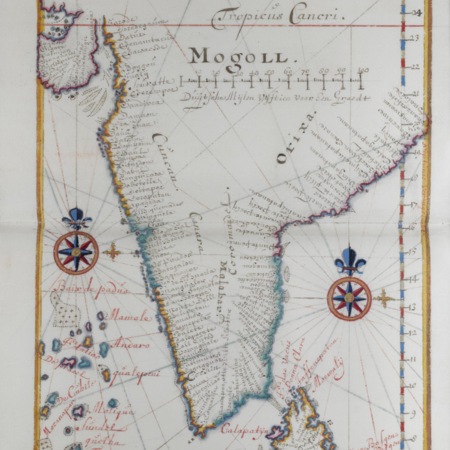
Map of India
Vingboons, Johannes
-
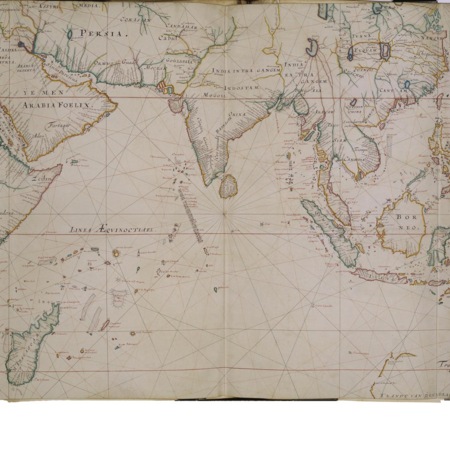
Map of the Indian Ocean
Anoniem / Anonymous
-
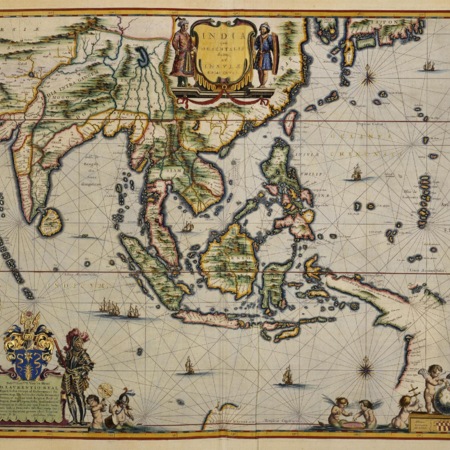
Map of India to Japan
Blaeu sr., Joan / Blaeu, Wilhelm (Jansz.)
-
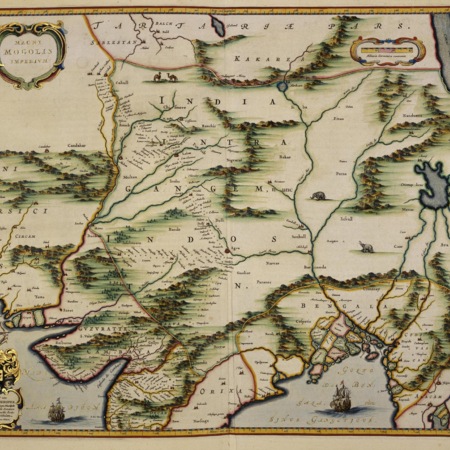
Map showing the empire of the Great Mogul
Blaeu sr., Joan / Blaeu, Wilhelm (Jansz.)
-
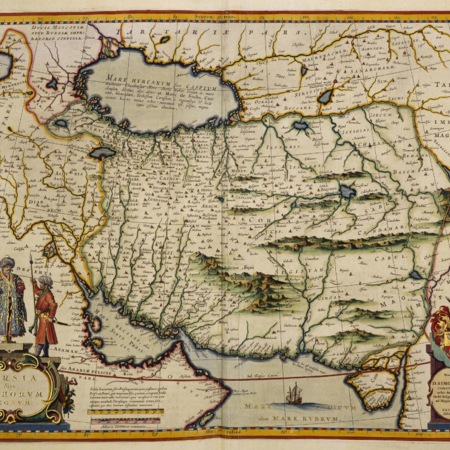
Map of Persia
Blaeu sr., Joan / Blaeu, Wilhelm (Jansz.)
-
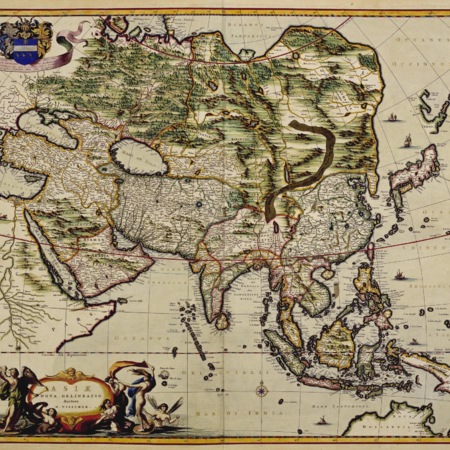
Map of Asia
Visscher I, Nicolaas / Visscher I, Nicolaas
-
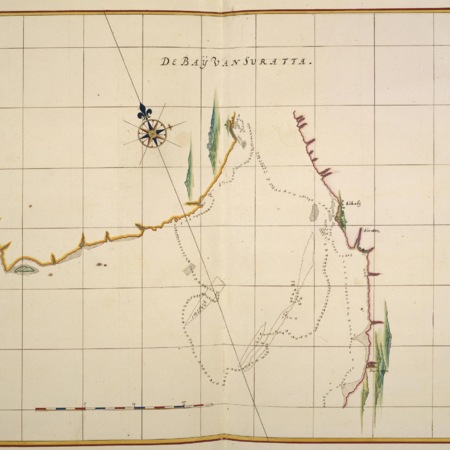
Map of the Gulf of Cambaya
Vingboons, Johannes
-
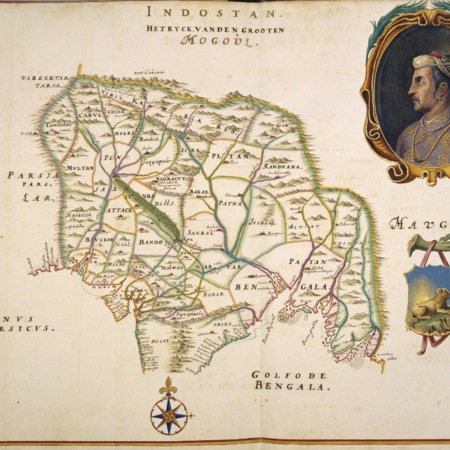
Map of North India
Vingboons, Johannes
-
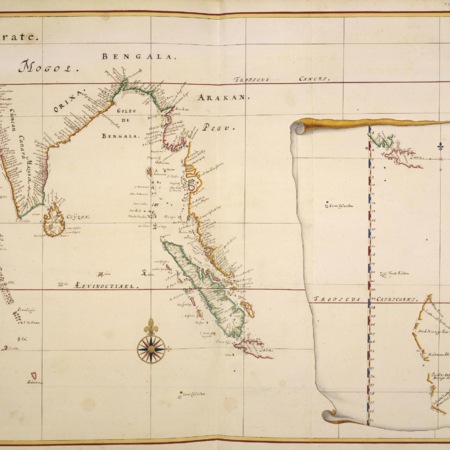
Map of the eastern part of the Indian Ocean
Vingboons, Johannes
-
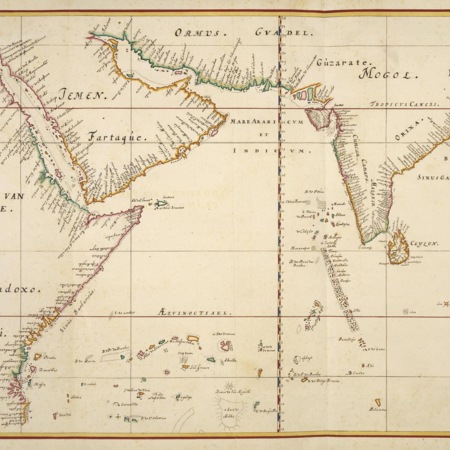
Map of the northeastern part of the Indian Ocean
Vingboons, Johannes
-
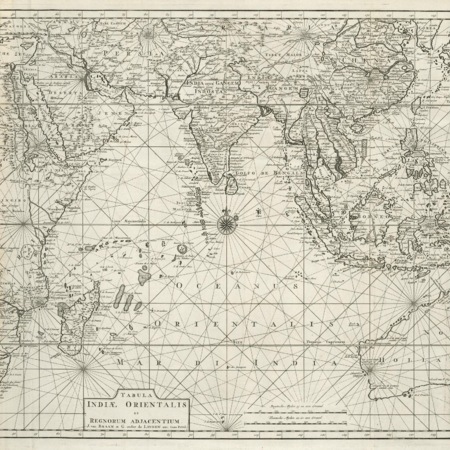
Map of East Indies
Braam, J. van / Linden, Gerard onder de / ...
-
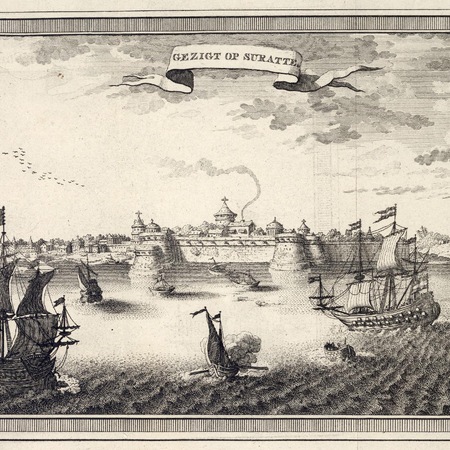
View of Suratte
Jong, Dirk de / Conradi, Petrus / ...
-
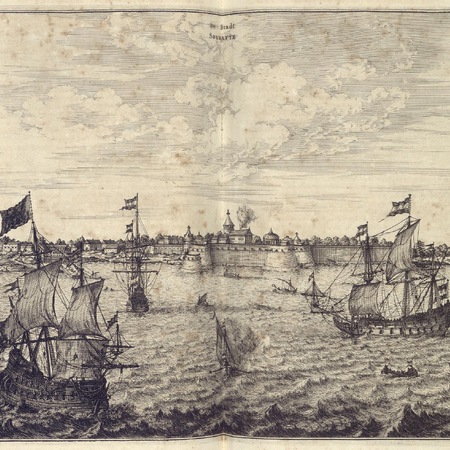
View of Suratte
Meurs, Jacob van / Anoniem / Anonymous
-
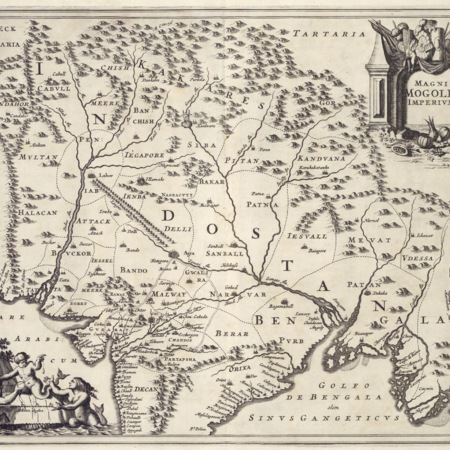
View of the northern part of India
Meurs, Jacob van / Anoniem / Anonymous
-
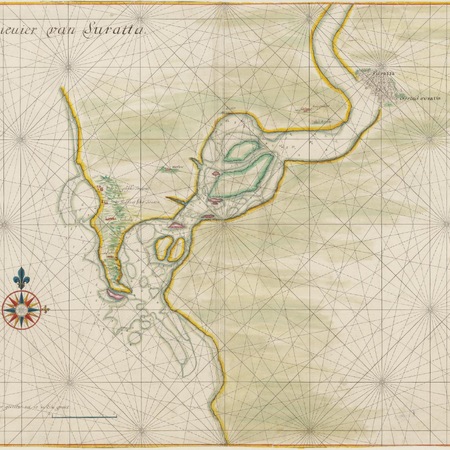
Map of the Suratte river
Vingboons, Johannes
-
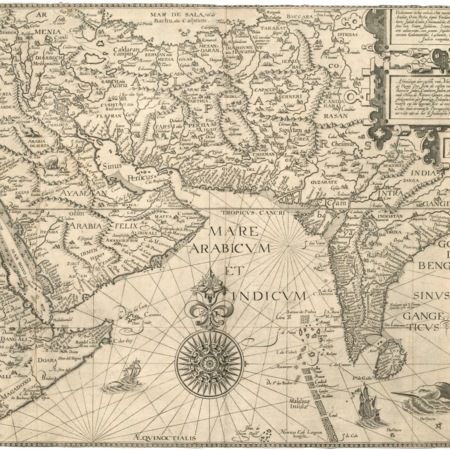
Map of the Horn of Africa, the Arab peninsula and India
Anoniem / Anonymous / Cloppenburg, Johannes Everardus van
-
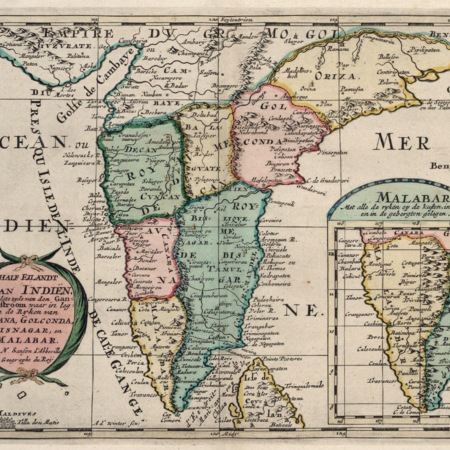
Map of India
Winter, A. d' / Sanson d'Abbeville, Nicolas / ...
-
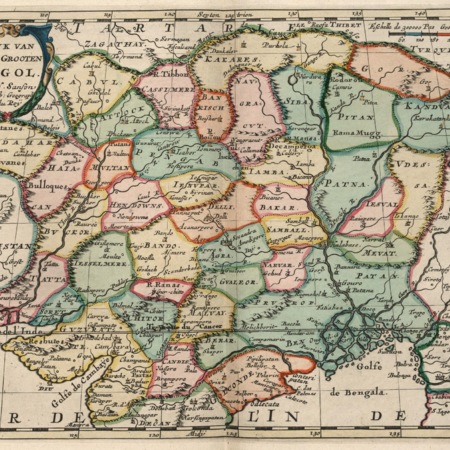
Map of the northern part of India and the Himalayas
Sanson d'Abbeville, Nicolas / Winter, A. d' / ...
-
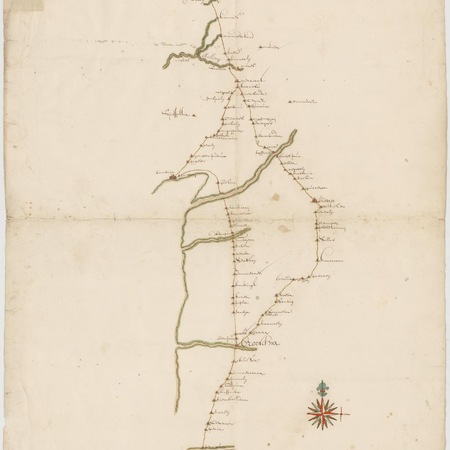
Map showing the cities between Souratte and Ahmadabad
Anoniem / Anonymous
-
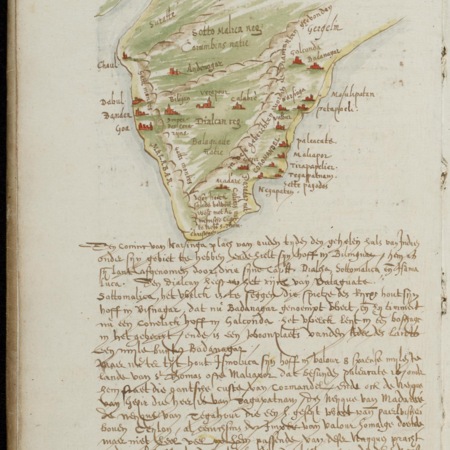
Map of India
Anoniem / Anonymous
-
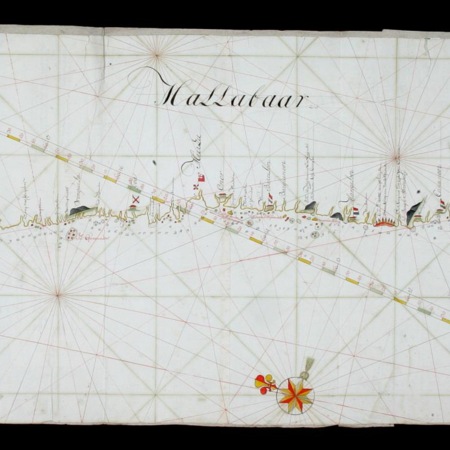
Map of Malabar, India
Anoniem / Anonymous
-
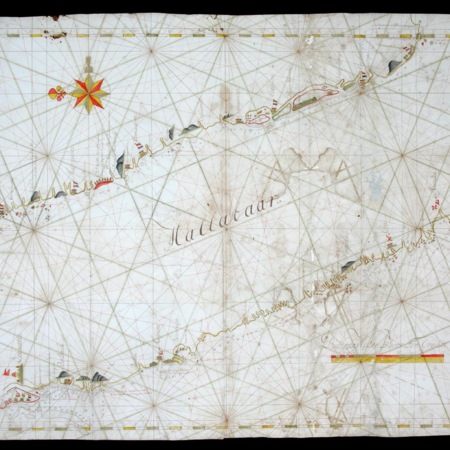
Map of Malabar, India
Anoniem / Anonymous
-
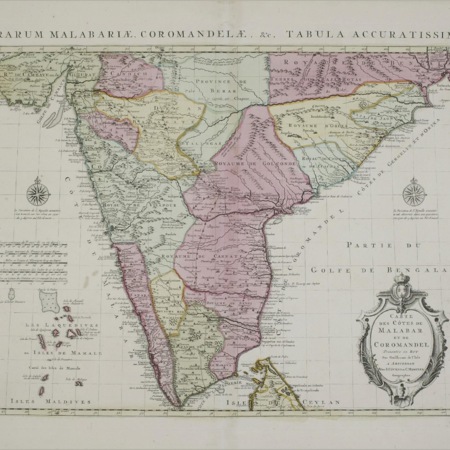
The coasts of Malabar and Coromandel
Covens, Johannes / Mortier, C. / ...
-
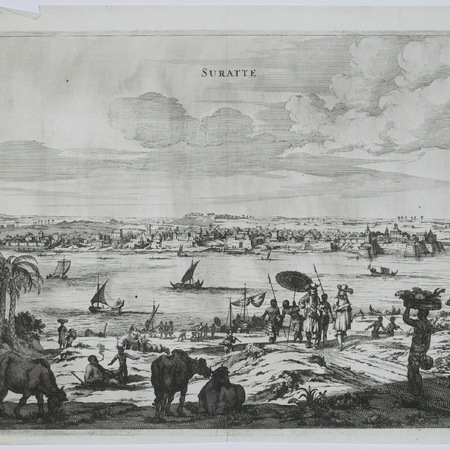
View of Suratte
Anoniem / Anonymous
-
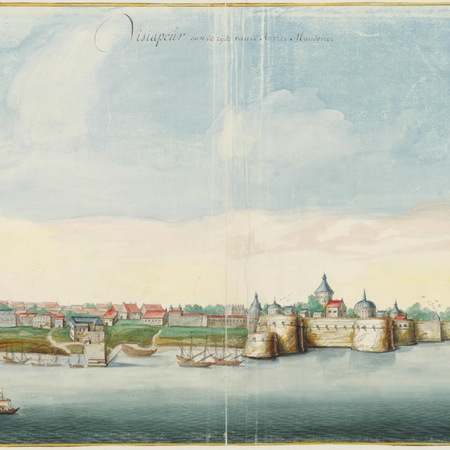
View of Visiapour (according to the title), depicted is Suratte
Vingboons, Johannes
-
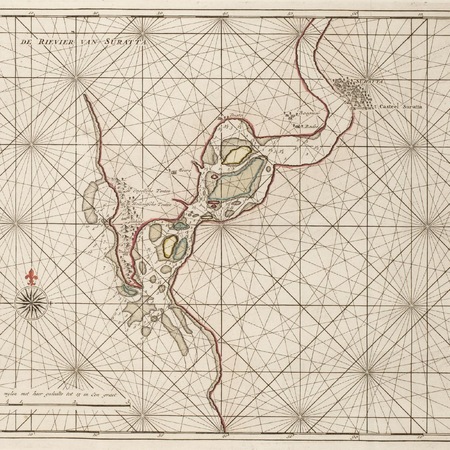
Map of the mouth of the Suratte river
Anoniem / Anonymous
-
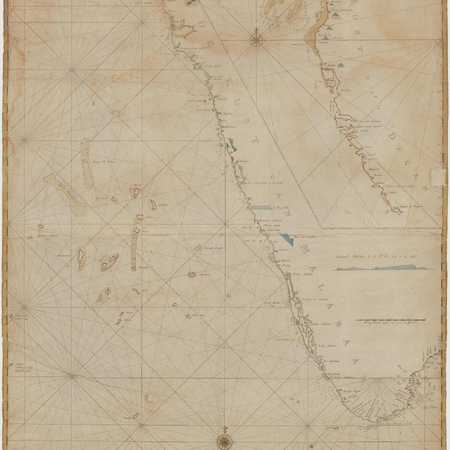
Map of the coasts of Decan and Malabar, from Suratte to Cape Comorin
Anoniem / Anonymous
-
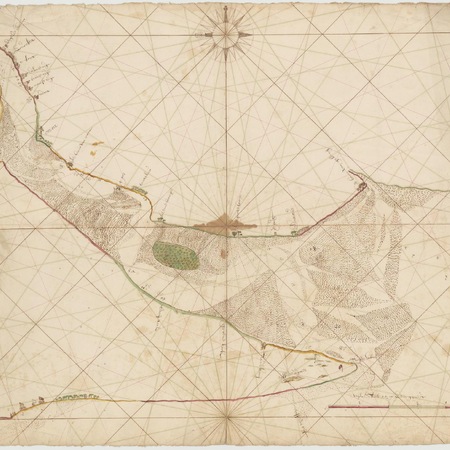
Map of the river of Suratte
Anoniem / Anonymous
-

Map of the Malabar coast and the coast of Decan
Keulen II, Johannes van
-

Floor plan of the Dutch lodge at Souratte
Anoniem / Anonymous
-
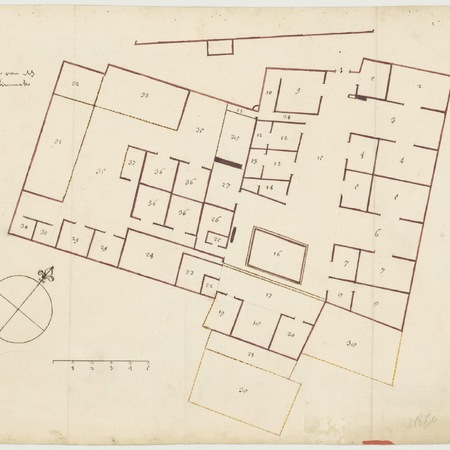
Floor plan of the Dutch lodge at Souratte
-
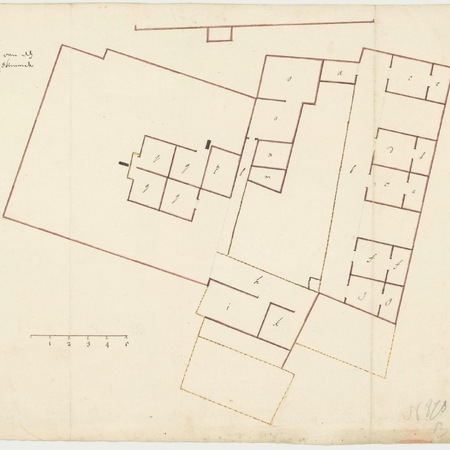
Floor plan of the Dutch lodge at Souratte
Anoniem / Anonymous
-
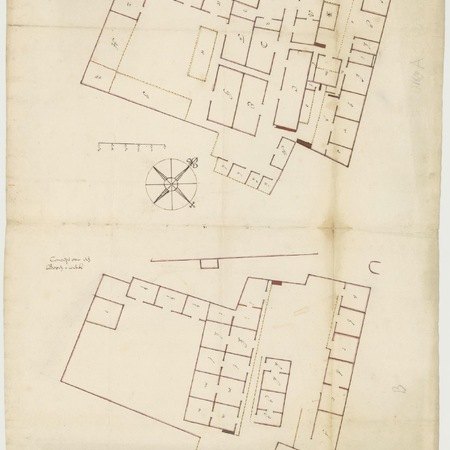
Floor plan of the Dutch lodge at Souratte
Anoniem / Anonymous
-
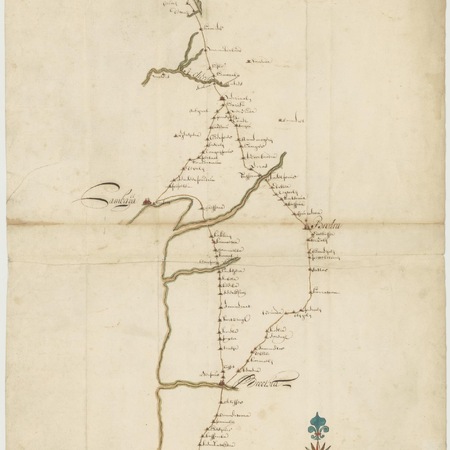
Map showing the cities between Souratta and Amed Abaad
Anoniem / Anonymous
-
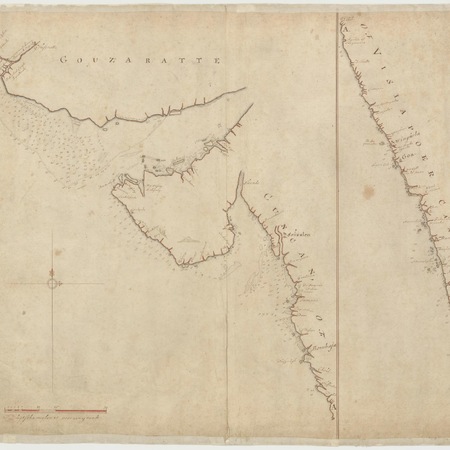
Map of the west coast of India
Graaff, Isaac de
-
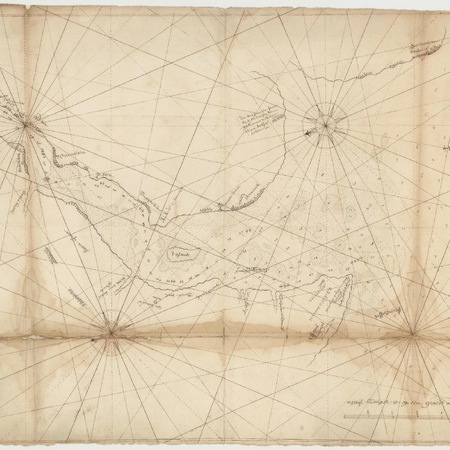
Map of Souratte and Souratte river
Anoniem / Anonymous
-
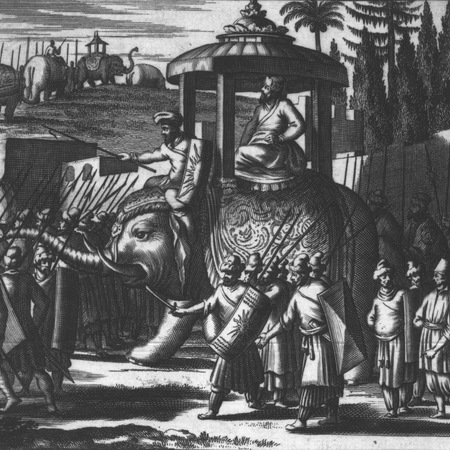
Mogul leader's procession in Suratte
Anoniem / Anonymous
-
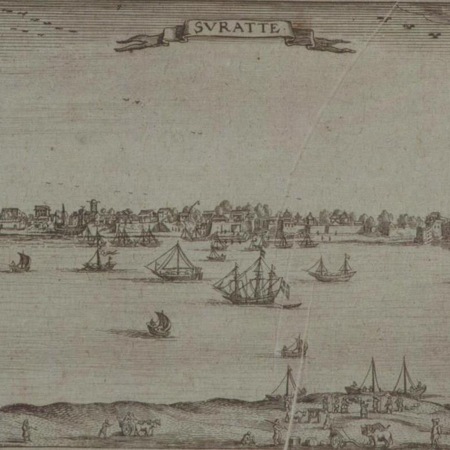
View of the city of Suratte
Matham, Adriaen?
-
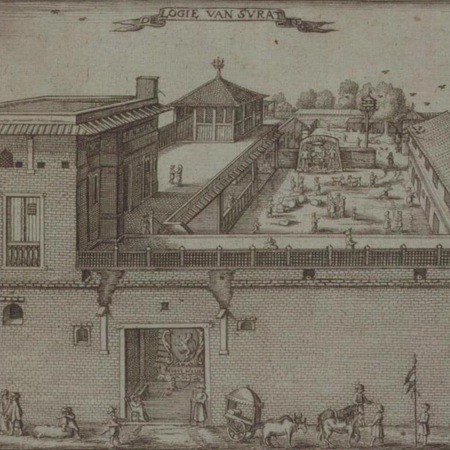
View of the lodge at Suratte
Anoniem / Anonymous
-
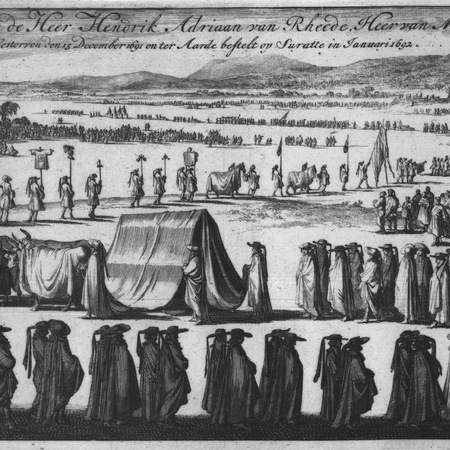
The funeral procession of Baron van Rheede at Suratte
Anoniem / Anonymous
-
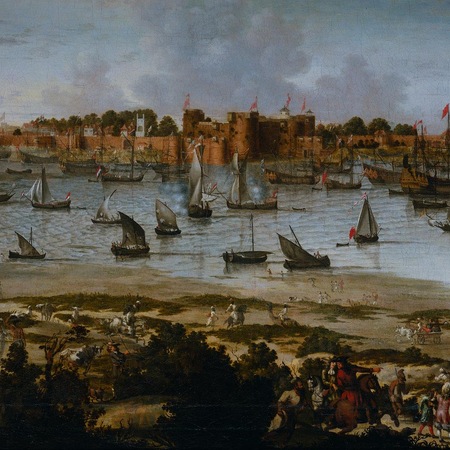
View of Surat
Anoniem / Anonymous / Backhuijsen, Ludolf
-
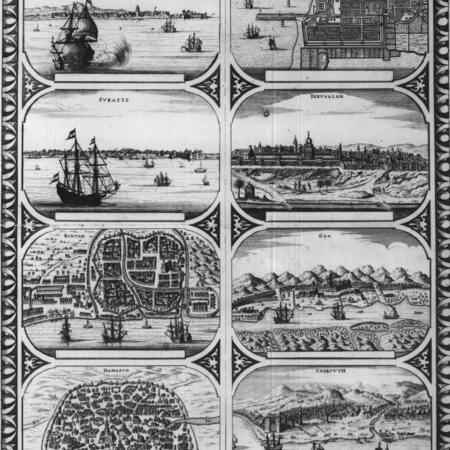
Views and street maps of eight cities
Wit, Frederick de / Anoniem / Anonymous
-
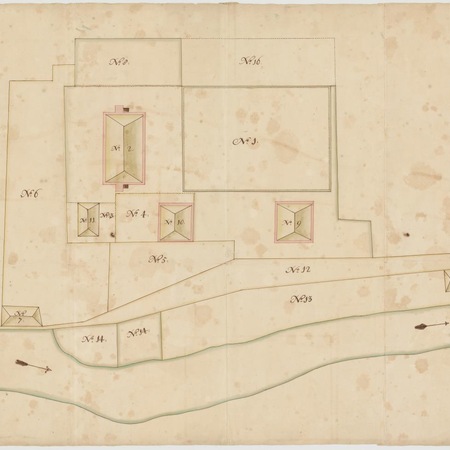
Map of a piece of land in Suratte
Anoniem / Anonymous
-
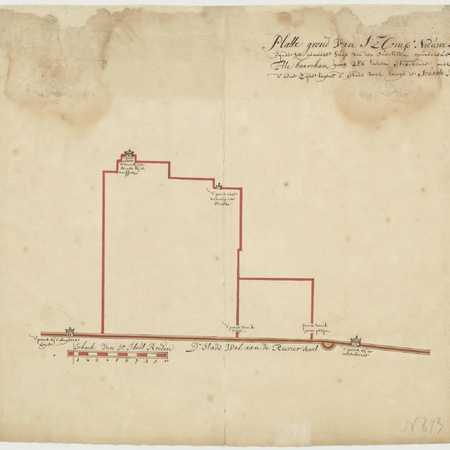
Floor plan of the new lodge at Soeratte
Anoniem / Anonymous
-
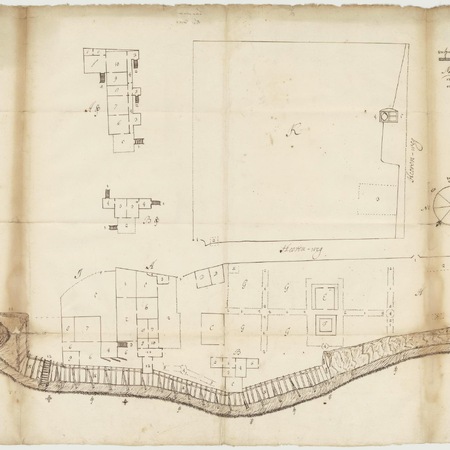
Map of the Company gardens and purchased lands situated nearby at Souratte
Anoniem / Anonymous
-
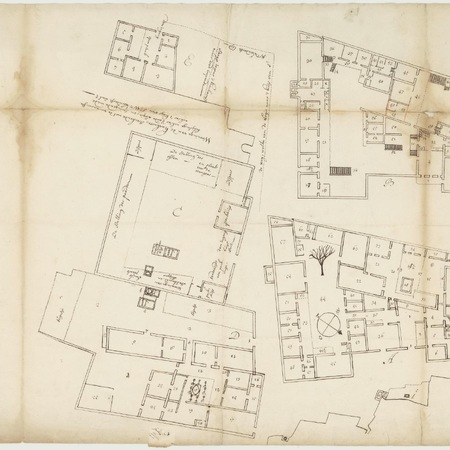
Map of the lodge and houses in the city of Souratte
Anoniem / Anonymous
-
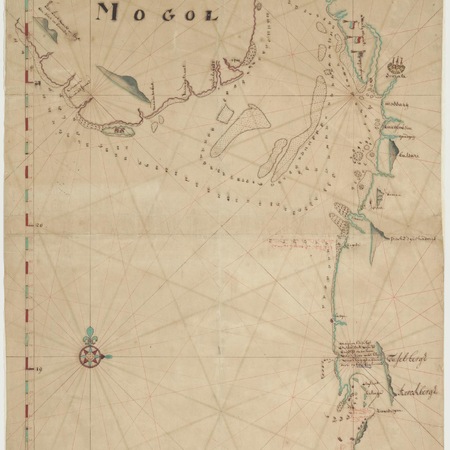
Map of the coast of Dekan and Canare
Anoniem / Anonymous
-
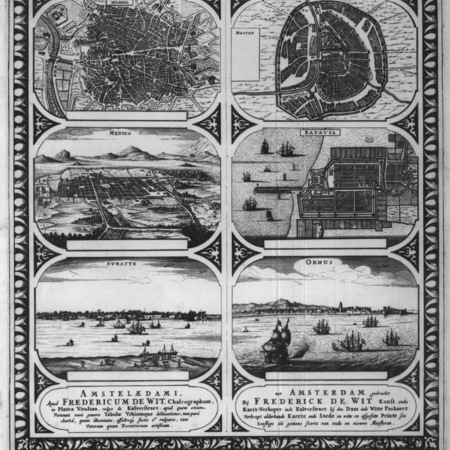
View and street maps of six cities
Wit, Frederick de / Anoniem / Anonymous
-
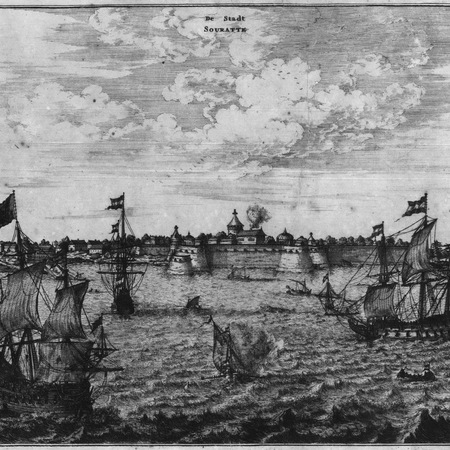
View of Surat
Anoniem / Anonymous